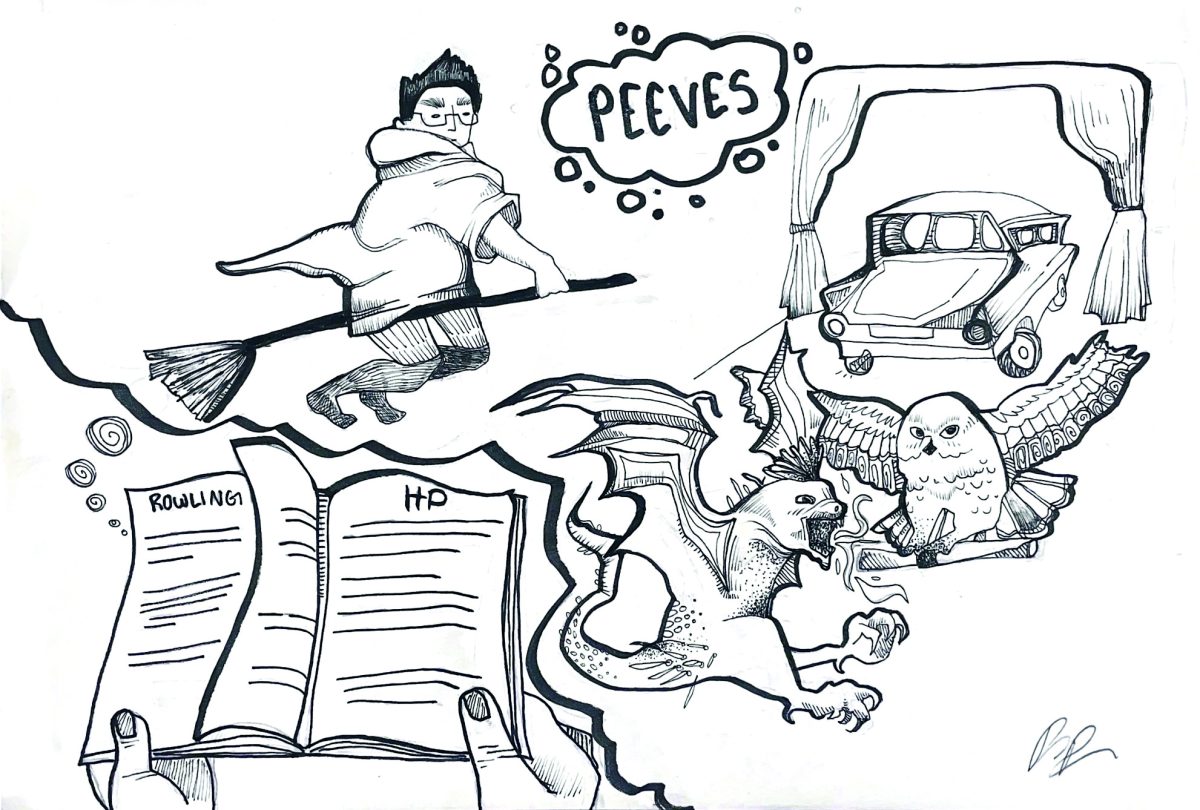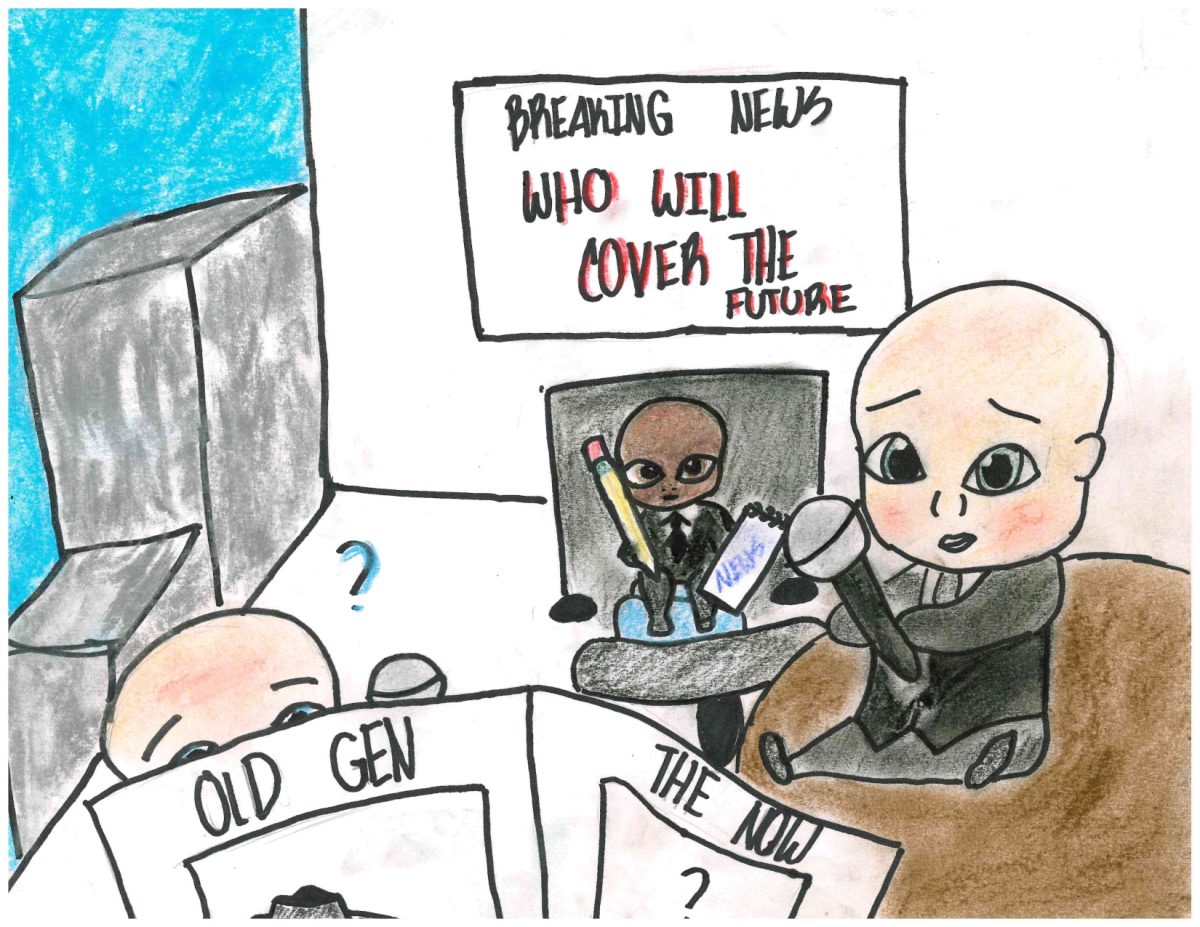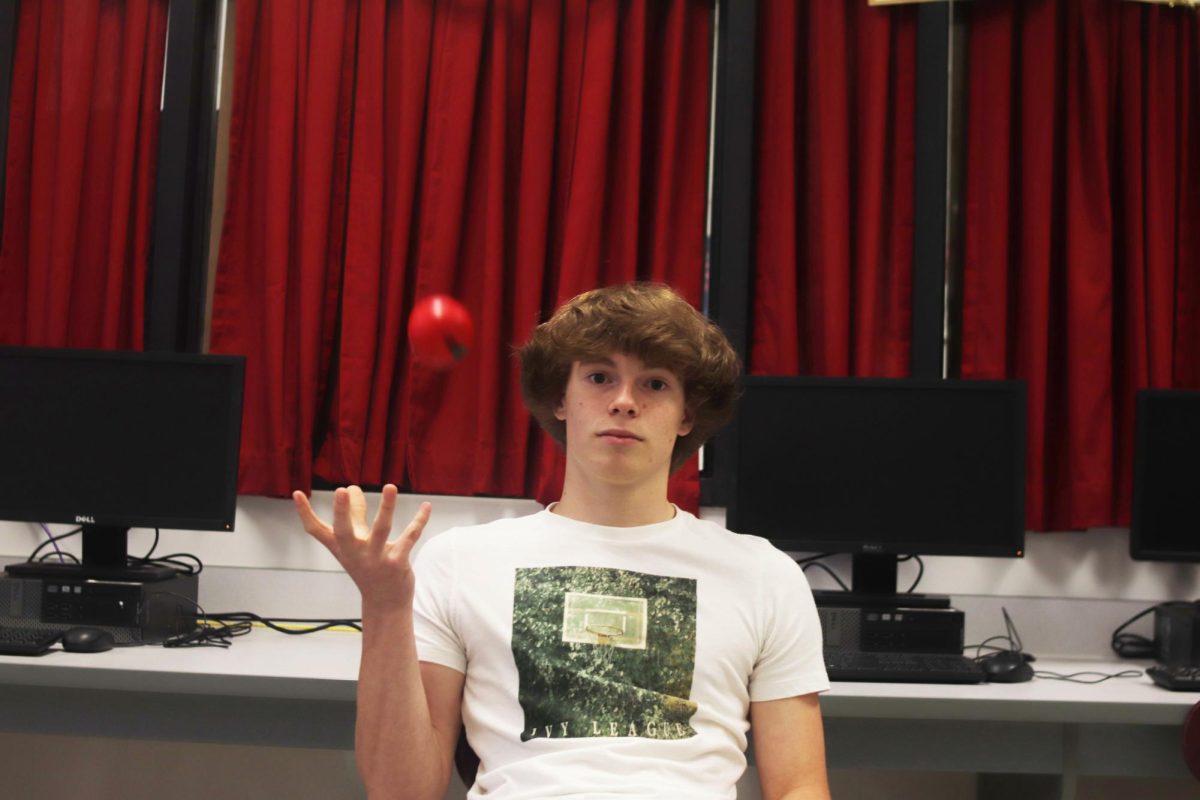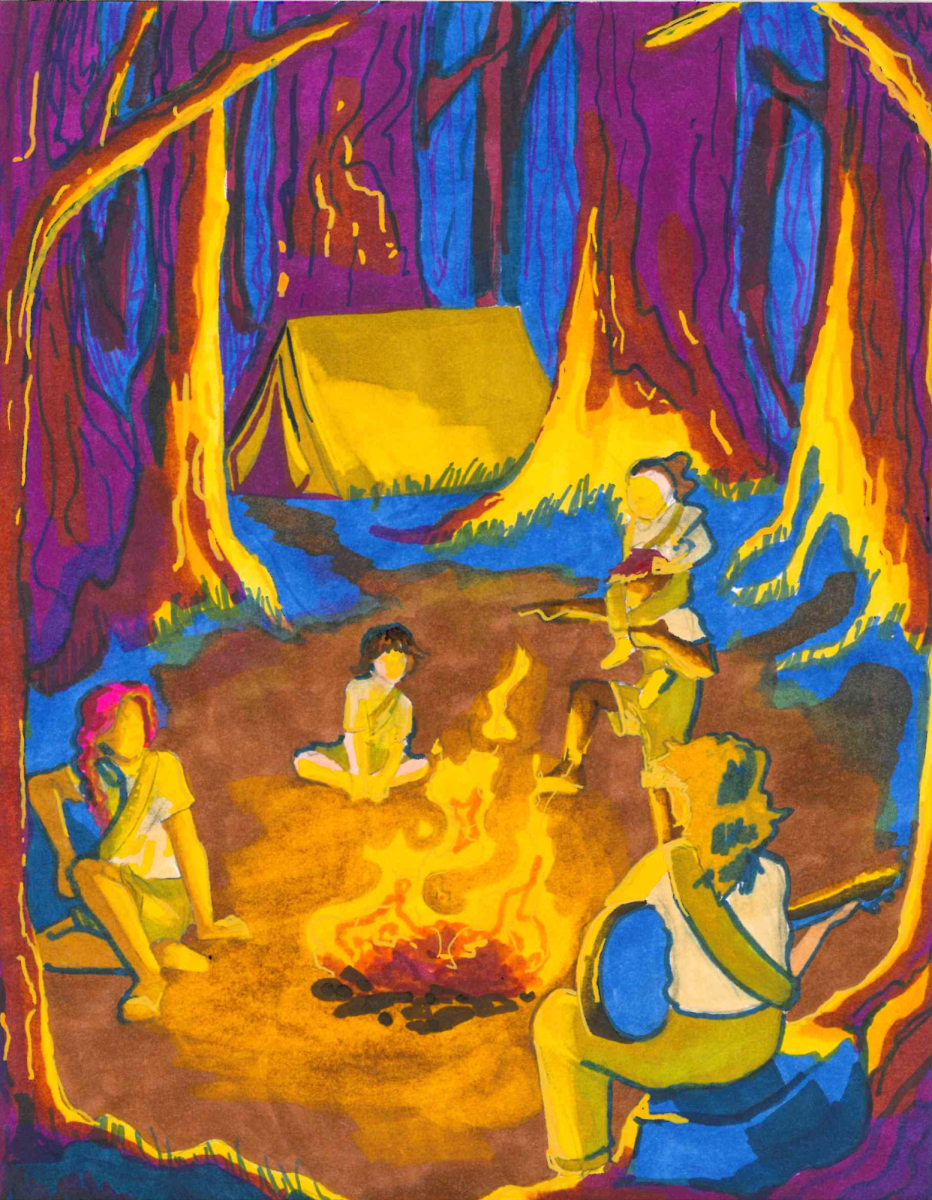It’s true; books are almost always better than their movie adaptations.
Yet, that doesn’t mean their movie counterparts don’t have value or worthy commentary to add to their literary origin.
Often, adaptations of books allow the books to further grow and evolve as directors and writers play with the literary material, not only through artful visuals but by bringing a new perspective to characters and plots.
In Wes Anderson’s “Fantastic Mr. Fox,” a 2009 movie adaptation of Roald Dahl’s beloved 1970s children series of the same name, Anderson successfully ties in nostalgic elements of days spent reading about Mr. Fox’s risky escapades in elementary classrooms.
Anderson did this through the puppet-like character stop motion while portraying realistic adolescent and adulthood insecurities that those who grew up with Dahl’s books were then experiencing when the movie was released.
To create a movie adaptation that “works,” directors and writers don’t necessarily have to follow the original source material word-for-word, but must successfully adapt the fundamental concept and purpose of the book.
Take Amy Heckerling’s iconic 1990s movie “Clueless.”
The movie takes place in Beverly Hills and chronicles the main character, Cher Herowitz, as she attempts to be her highschool’s cupid, all with a yellow-tartan blazer-skirt set and white Mary Jane heels.
Strangely, “Clueless” is an adaptation of Jane Austen’s 1815 novel “Emma” that follows Emma Woodhouse, also a matchmaker, but in the countryside of Regency England.
“Emma” and “Clueless” seemingly couldn’t be more contrasting from each other, yet at their core they’re about removing the superficial layer of pride and sometimes arrogance of yourself and reflecting inwardly to discover new opportunities you were once closed off to.
Along with designing and producing another artful variation of books, movie adaptations can also just be fun.
If we travel back in time to the early 2010s when young adult science fiction and dystopian novels had most teenagers in a literary trance- to the era of James Dashner’s “Maze Runner” series, the revolution of the districts in Suzanne Collins’ “Hunger Games” series and the various other YA dystopian novels that centered around relatable teenagers toppling autocratic governments in the span of 200 pages- we will find ourselves in the most magical state of unserious literary bliss.
Among the sea of YA dystopian novels floats Veronica Roth’s “Divergent” trilogy.
The book follows Tris Prior and Tobias “Four” Eaton as they fight to uncover the truth behind their strictly-factioned society and consequently enter into a civil war of sorts with their oppressive government, all before their brains are fully developed, of course.
Besides devoted Divergent fans, a majority of people find the 2014 movie to just be bad.
Admittedly, it certainly didn’t just fall short of a cinematic masterpiece, but it seemed to have run out of gas on its trek up Production Hill and had to make due with subpar resources.
However, it did represent what it felt like to be a part of that fan base and be in the YA dystopian daze.
It was colored with science fiction hues yet tacky and awkward.
In the context of the heightened interest in these apocalyptic, futuristic settings and their normal, relatable characters, watching Tris experience the cold, slanted Dauntless environment with Four was surreal to those that were deeply invested in this literary world of post-apocalyptic Chicago.
So, while the movie may not be cinematographically advanced or have a high Rotten Tomatoes score, it fostered a nostalgic, visual representation of middle school ambitions and obsessions just by pressing “play.”
Pro: Movies provide other views, offer insight
With a chance to witness a book through someone else’s vision and interpretation, movie adaptations are often a vessel to reveal deeper insights within a book or to project new inside jokes on. Either way, book to movie adaptations are a necessary addition to the literary world.
0
More to Discover
About the Contributor

Claudia Elwell, Co-Editor-In-Chief







